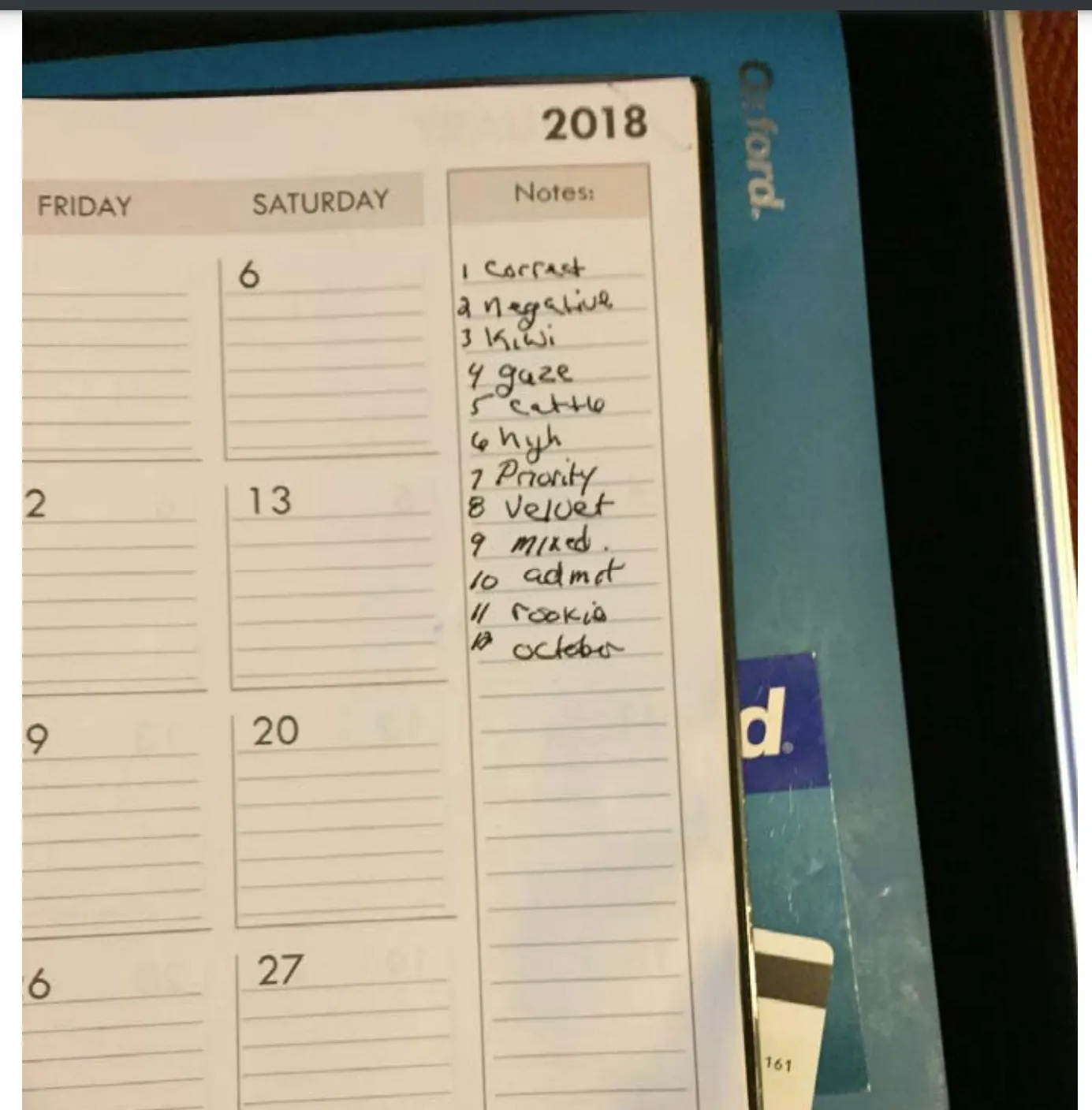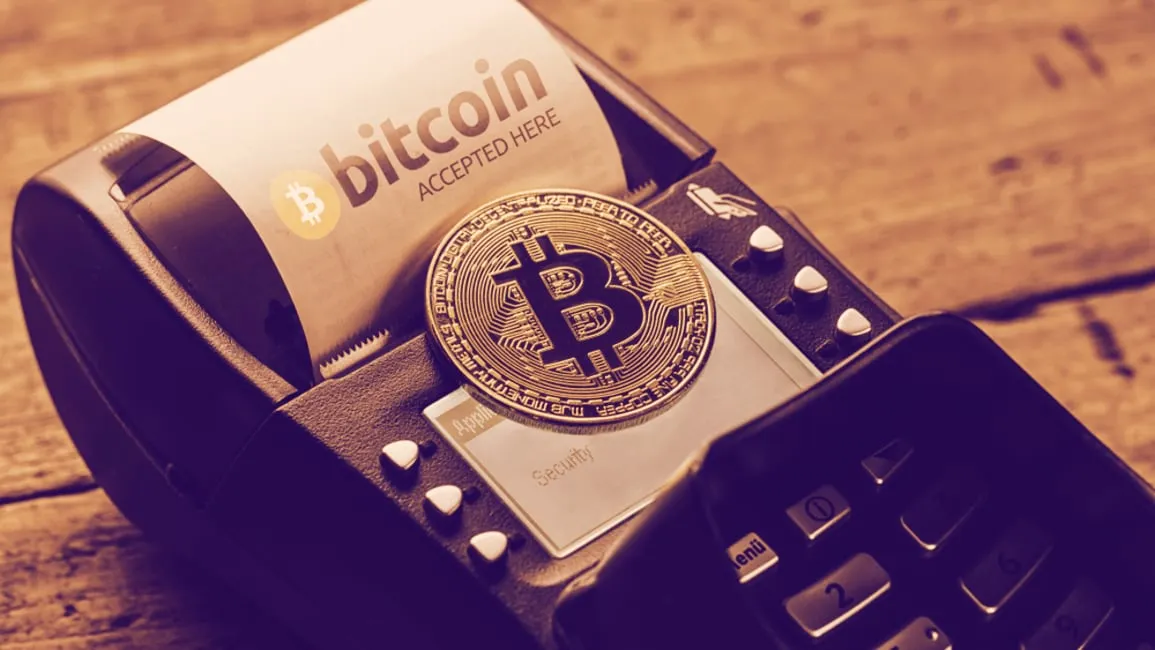In brief
- CipherTrace published a guide on law enforcement agents can sniff out crypto crime.
- They suggested that agents look for crypto wallets and seed phrases.
- CipherTrace has sold its forensics tools to US government agencies.
Blockchain forensics firm CipherTrace today published a helpful guide for law enforcement to help them recognize when cryptocurrencies are involved in criminal investigations.
Most of its advice, however, will be very obvious to anyone with a primitive understanding of cryptocurrencies. But it could be helpful for a clueless investigator not yet introduced to the crypto-parade, and we’re not here to pass judgment on forthright limbs of the law.
According to CipherTrace, sheriffs and detectives worldwide should pay close attention if busting a criminal does not result in a huge cash seizure. This could mean that criminals have discovered the bountiful promises of the immutable ledger and are using it to obscure the flow of stolen funds.
CipherTrace’s first tip for law enforcement is to check whether criminals have installed cryptocurrency wallets on their phones or computers. “These could either be software wallets or cryptocurrency exchanges they are accessing through their devices,” it said. This is because everyone needs a crypto wallet to send and receive cryptocurrency.
The blockchain forensics firm also advises that law enforcement check authenticator apps, since they often provide clues as to the wallets used by criminals. Photos and screenshots are useful, too.
Next up is “Pocket Litter” that contains “seemingly random words.” Paper, strange diary entries, trash, and the like. This is because these words, usually 12 but sometimes up to 33, could form seed phrases for crypto-wallets. Other pocket litter includes Bitcoin ATM receipts, found on any criminal dumb enough to leave a paper trail for paperless money.

CipherTrace’s final tip is to scour for hardware wallets—cryptocurrency wallets that live on small electronic devices. These can look like “inconspicuous USB sticks and recovery seeds are just random [words] on a page,” wrote CipherTrace. But in reality, they can contain the loot of moral vagrants.
CipherTrace produces forensics tools that law enforcement can use to trace blockchains. At the end of the guide, CipherTrace said that diligent investigators could use its tool, CipherTrace Inspector, to “easily verify the source of funds and detect any association with dark markets or other criminal activity.”
This year, CipherTrace, which was originally funded through grants from DARPA and US Homeland Security, has made three sales to US government agencies, according to public government filings.
The Internal Revenue Service spent $1.85 million on CipherTrace’s services this year and the Securities and Exchange Commission spent $32,000 in two purchases. The public filings potentially omit agencies not required to disclose funds spent on CipherTrace, purchases from CipherTrace resellers and subscription costs.
The Department of Justice's Cyber-Digital Task Force wrote in a report last week that "Current terrorist use of cryptocurrency may represent the first raindrops of an oncoming storm of expanded use." Still, Bitcoin used for nefarious purposes accounted for just 0.3% of total market volume in the past 24 hours, according to data from Chainalysis.
Cash, then, is still king among thieves and money launderers.

